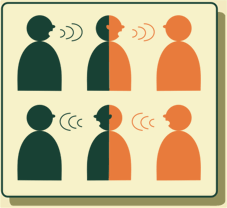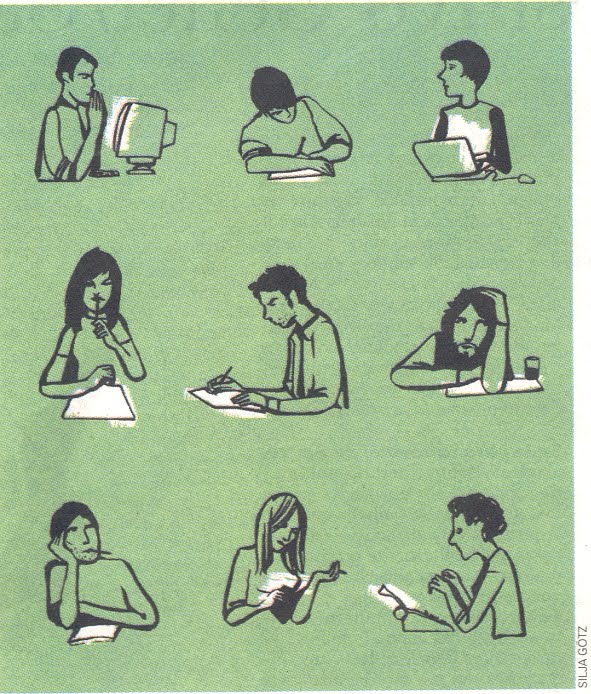 |
| representación do proceso de interpretación www.jess-dresden.de |
tirado de Translation and Interpreting: Languages in Action (2009) European Commission, pp. 4-5
common myths …
… on
translation:
“To translate, all you
need is a good dictionary.” FALSE
Translation is a profession. If a good dictionary
were enough, bad translations would not be so common. (Think of all those
incomprehensible instruction manuals or amusing hotel notices!)
“Good translators don't
need dictionaries or reference documents. They just translate.” FALSE
Research is an essential part of translations
Translators need to analyse and take a critical look at sources of information and
terms in glossaries.
“My trilingual secretary
can do all my translations.” FALSE
Even if someone can speak or write in a foreign
language, they can't necessarily produce a good translation.
“If you have a good
knowledge of two languages, you can translate any text from one of them into
the other.” FALSE
Although a few people can work into more than
one target language, as a rule translators specialise in one direction only.
Passive and active command of a language are not the same. Furthermore, a
literary translator is not necessarily able to translate a legal contract,
while a translator of management textbooks is not the obvious choice for medical
literature.
“Translators will soon
be replaced by computers.” FALSE
Some machine translations are very good, but
computers will never translate as well as humans because the nuances and
subtlety of human language are still beyond the grasp of artificial
intelligence. But the increasingly powerful computer applications on the market
today are a great help to translators.
... on interpretation:
“Translation and interpreting are the same thing.” FALSE
Although translation and interpreting
have a lot in common, they are separate professions requiring different skills and
different types of training. You can be a good interpreter without being a good
translator; and vice versa.
“To be an interpreter, you just need to know languages.” FALSE
Interpreting is a profession. If you
want to interpret anything more challenging than routine conversations, you need
to learn special techniques that cannot be improvised.
“I know Portuguese and Finnish, so I can interpret into those languages.”
FALSE
You can only interpret into a
language if you know it perfectly. Ideally it should be your mother tongue. Interpreters
must react and process information quickly and put it clearly, eloquently and
without too many ums and ahs.
“Any interpreter will do. I don't need a conference interpreter.” FALSE
Conference interpreter is the title
used for interpreters who are university graduates and have been trained to a very
high level. They don't only interpret at conferences. Not all interpreters have
had this training.

Ningún comentario:
Publicar un comentario